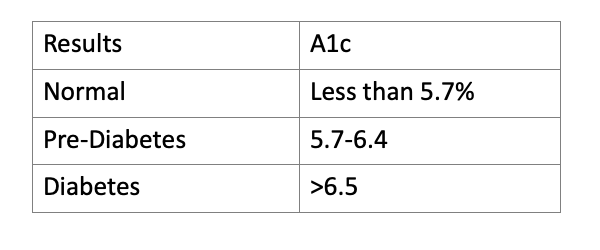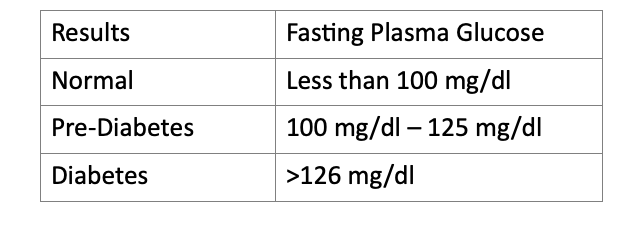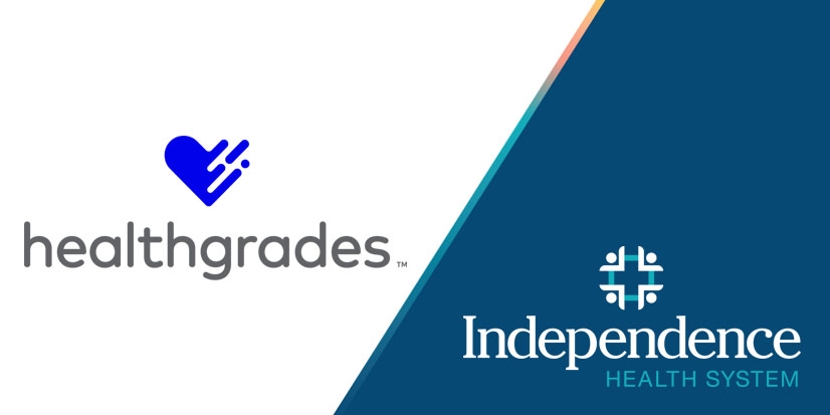Understanding Diabetes
- Category: Blog, Health & Well-Being, Primary Care
- Posted On:
- Written By: Michele Axelson, RN, CDCES

November is American Diabetes Month. Every year the American Diabetes Association has a campaign that aims to increase awareness and education on diabetes. Whether you have pre-diabetes or diagnosed with diabetes, it is important be proactive with managing your health.
There are a number of risk factors that can lead to developing diabetes… being overweight, limited physical activity, those age 45 and older, having a parent or sibling with diabetes, or having had gestational diabetes during pregnancy. Your primary care doctor will screen you for diabetes at your annual visit and help you evaluate and make plans to improve your lifestyle. First let’s begin by understanding some blood work.
A1c is a common blood work test that is drawn. The A1c test measures your average glucose over the past 2-3 months.

Another blood test is Fasting Plasma Glucose (FPG). Fasting means not having anything to eat or drink (except water) for 8 hours.

What is pre-diabetes?
This is when the blood sugars are higher than normal but not yet high enough to be diagnosed with diabetes. Having pre-diabetes may put you at greater risk for developing Type 2 diabetes. Research shows you can reduce your risk for developing Type 2 diabetes by losing 7% of your body weight and moderate exercise. Start simple, like going for a brisk walk for 30 minutes five times a week.
Living with Type 1 Diabetes
If you have type 1 diabetes it means your pancreas does not produce insulin anymore. You will need to monitor your glucose level and give yourself multiple injections of insulin throughout the day. Managing your glucose levels, insulin intake, diet and exercise and working with your diabetes care team can help you feel healthier.
Living with Type 2 Diabetes
Type 2 diabetes your body does not make enough insulin or does not use it well. When glucose stays elevated in your blood stream, it can cause serious health issues. There are several ways to manage your diabetes, balance diet, active lifestyle and medications.
Being diagnosed with diabetes can be scary. In recent years, there are new medications on the market that in addition to improving diabetes control, focus on improving renal and cardiovascular health. Also, Continuous Glucose Monitors are additional options for monitoring your glucose. These CGM’s can be worn 10 or 14 days, depending on the manufacturer. Some can event connect to your smart phone to help you easily track your glucose trend. There are definite benefits to CGM’s – no finger sticks, understanding patterns of glucose, relationship of glucose to medications and nutrition choices. I routinely hear patients say “I never new my blood sugars change so much.”
Finally, getting involve with diabetes education is an important part of a diabetes care plan. Reaching out for help and getting education at the time of diagnosis, when your A1c is not at goal, or the medication routine is changing, will give you greater control over your diabetes. At Excela Health, we have an Outpatient Diabetes Education Center recognized by the American Diabetes Association. Your primary care physician can refer you to our program. Once we receive the referral, we’ll call and get you scheduled at a convenient location. We offer education at multiple sites throughout Westmoreland County.

